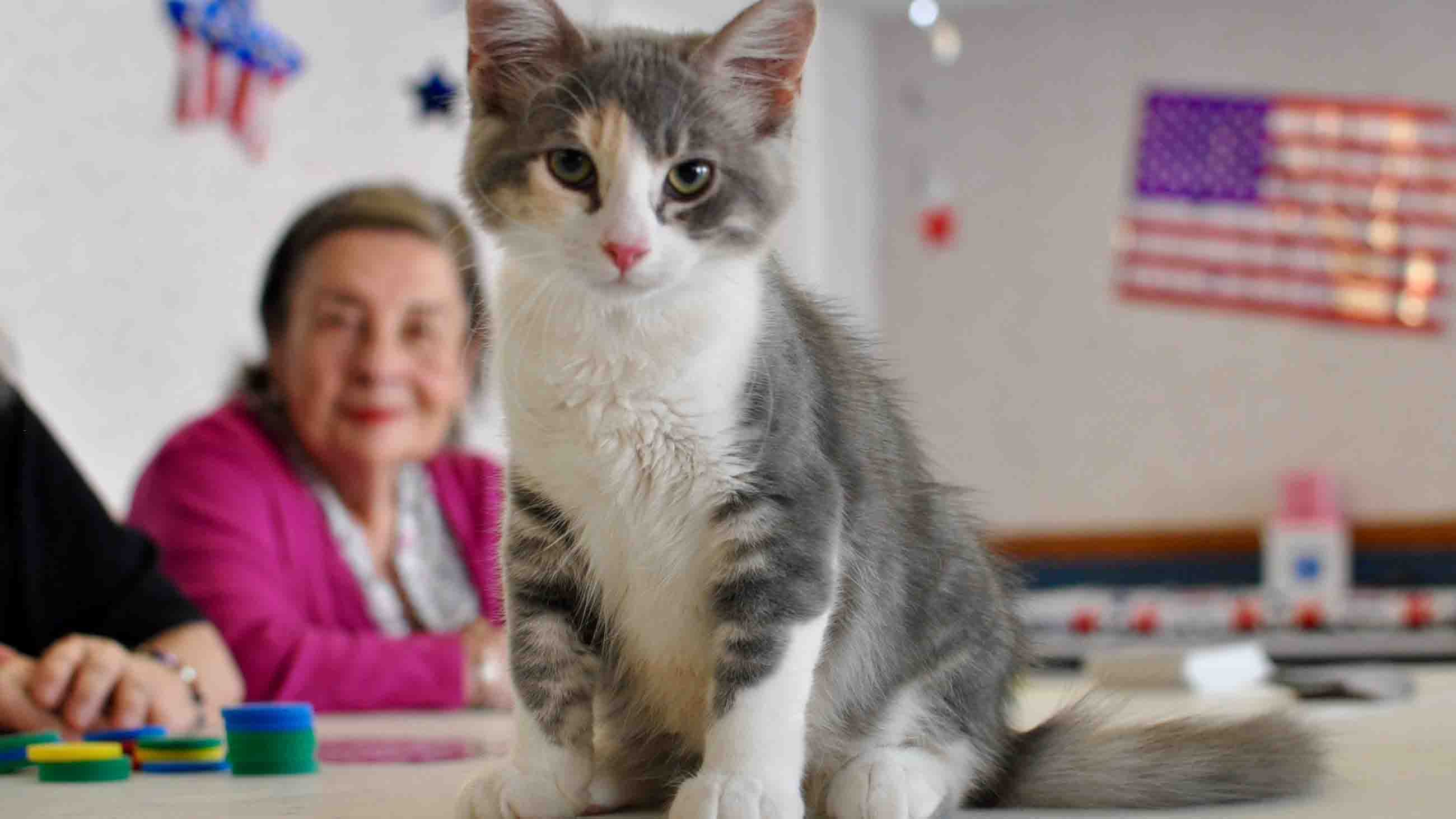Abstracts: Inequality, Therapy Pets, and More
• When American communities are hit by major natural disasters, inequality appears to increase throughout the country. Researchers at the National Bureau of Economic Research studied migration trends in the United States over nearly 100 years and found that after a natural disaster strikes, high-income people tend to leave, while low-income people are left behind in disaster-prone areas, exacerbating geographical inequalities. (Scientific American)

• Therapy animals might be trendy, but are they really helping people’s mental health? The research behind the benefits of therapy pets and animals provides inconclusive evidence, according to some psychologists and researchers in related fields. (Washington Post)
• Scientists anticipate that rapidly warming sea water will cause a huge chunk of ice to break away from Antarctica in the next few weeks. The ice block, which is roughly the size of Delaware, will likely hasten the pace of the disintegration of the entire Larsen C Ice Shelf, which has been melting faster than expected. (The Independent)
• While most fertility research has focused on how aging impacts a woman’s ability to have children, men have a biological clock, too. A couple’s chances of conceiving and having a baby decreases as the man ages, especially when paired with younger women, according to a new study to be released on Tuesday. (The Guardian)
• In war-torn Yemen, 1,500 people have died of cholera since April, and approximately 246,000 people have gotten sick, the World Health Organization estimates. This is Yemen’s second cholera outbreak in six months, and 25 percent of the latest victims have been children. (The Associated Press)
• Though many species of amphibians currently face widespread decline, we now know more about how they became so ubiquitous in the first place. Scientists have found that the mass extinction that killed the dinosaurs helped frog populations — particularly tree frogs — grow and thrive. (Science)
• The number of jobs in the health care industry is growing rapidly in the United States, but many workers suffer from low wages, limited or nonexistent benefits, and disrespect. (Vox)
• And finally, in honor of the Fourth of July, six energy experts discuss how the United States can reduce greenhouse gas emissions to minimize the negative impacts of climate change and move toward “independence” from fossil fuels. (Grist)









